More people around the world are trying to combat climate change by reducing their waste and carbon footprint, and an easy place to start is your own kitchen.
Egypt is one of the highest contributors to food waste on a global scale; it is estimated that each individual in Egypt wastes a total of 73 kilograms of food on an annual basis. If you’re keen on doing your part for the planet, try out these simple ways to reduce your kitchen waste.
1. Repurpose Coffee Grounds
If you enjoy making your own coffee at home, don’t throw away your coffee grounds! Used coffee grounds can have a variety of different uses, including mixing them with coconut oil and sugar to make your very own caffeine-infused body scrub or using them as a DIY fertilizer for houseplants.

2. Give Away Leftovers
How many times have you watched good, clean food go bad in the fridge and end up in the trash? If you have leftover food that you know you won’t be able to finish, you can either pack it up neatly and offer it to a needy person on the street, or you can leave it on the street for the stray animals in your neighborhood provided it is safe for animal consumption.

3. Make Vegetable Broth
Making your own vegetable broth at home requires minimal effort and is essentially free. All you need to do is save your vegetable scraps, such as peels and stalks, instead of throwing them in the trash. You can use the scraps of almost any vegetable or herb, including garlic, mushrooms, carrots, and onions. Store the scraps in the freezer in a zip-lock bag and once you’ve accumulated a good amount, simply boil them for an hour in a pot, strain the liquid, and you’re done!
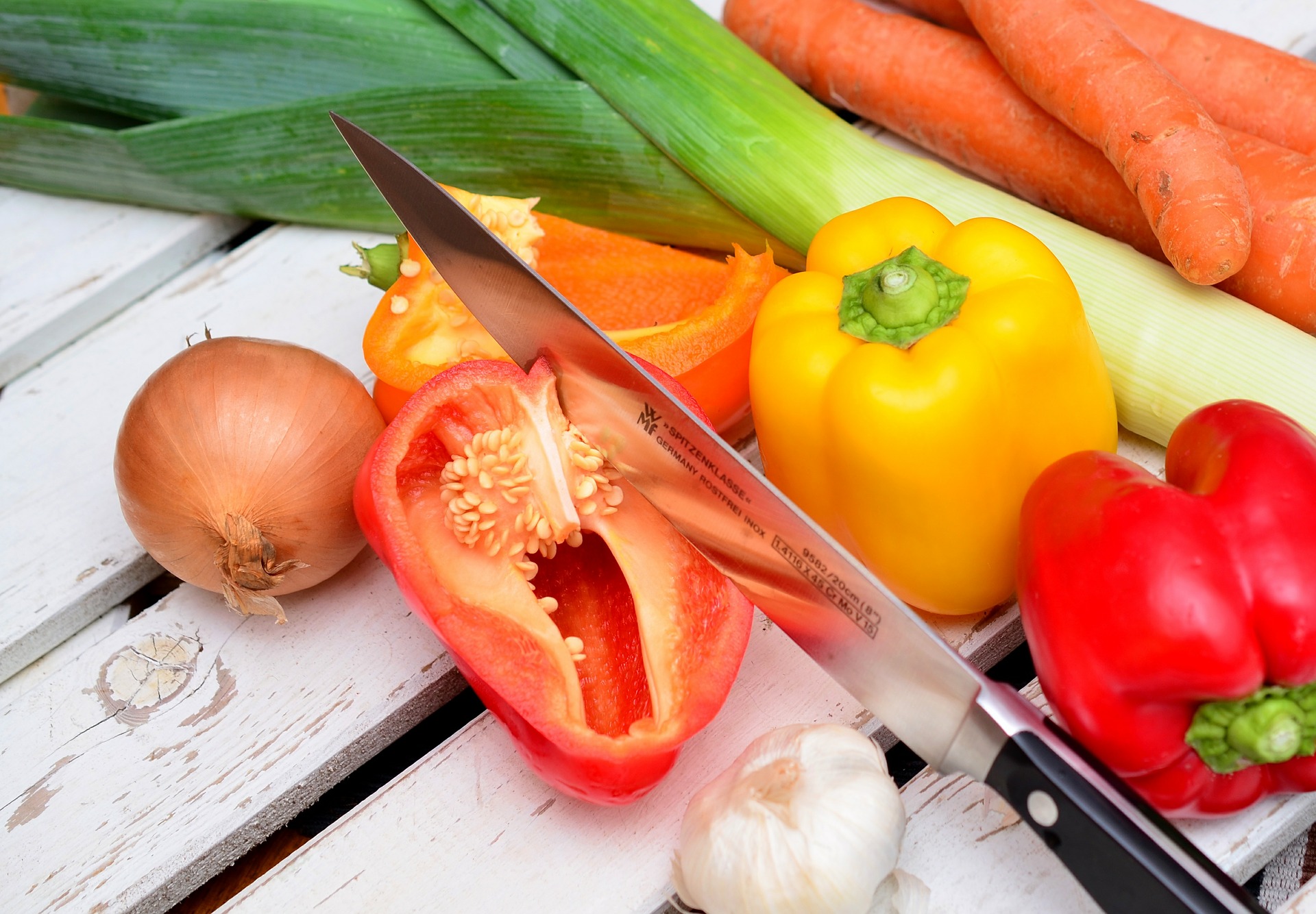
4. Reuse (or Ditch) Plastic Bags
Egyptian mothers have been following this eco-friendly practice for decades, so we have them to thank for this one. If you were out buying groceries or running errands, fold your plastic bags and store them in any cupboard so you can repurpose them however you’d like; most people use them for the smaller trash bins around the house. A better alternative is to stop using plastic bags entirely and buy a reusable shopping bag instead.
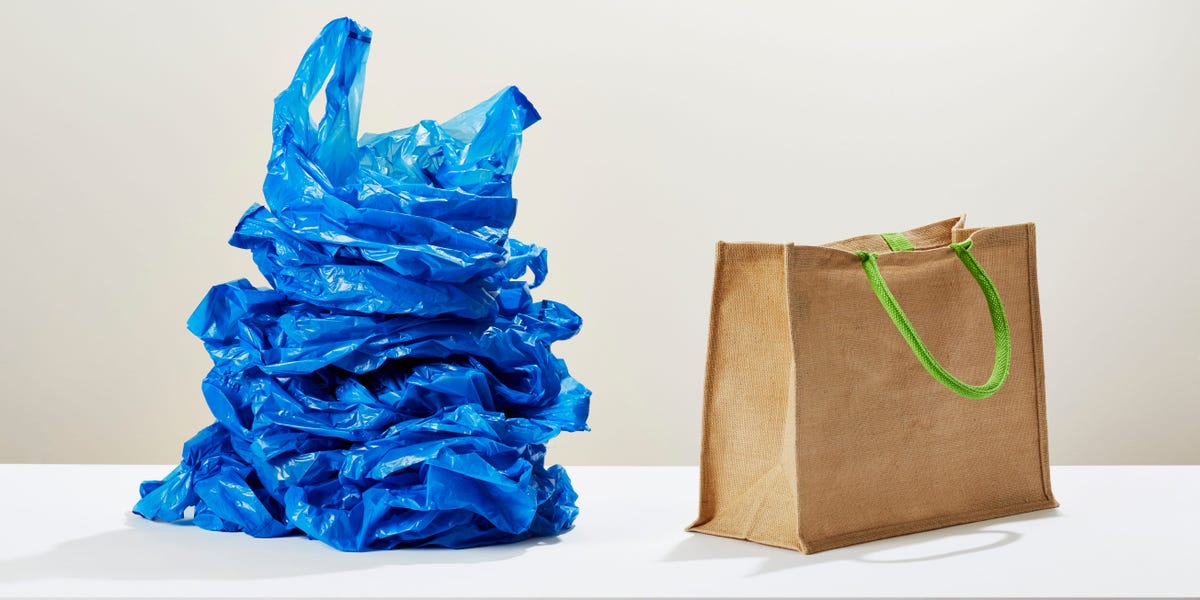
5. Explore the Potential of Citrus Peels
Whether you’re enjoying a cup of freshly squeezed orange juice or adding lemon juice to a salad, make sure to keep the peels. There are many ways you can reuse orange, grapefruit, or lemon peels: you can add them to your next meat dish for extra flavor, or you can make candied citrus peels for a tasty snack or even use them as garnish for when you want to show off your food presentation skills.
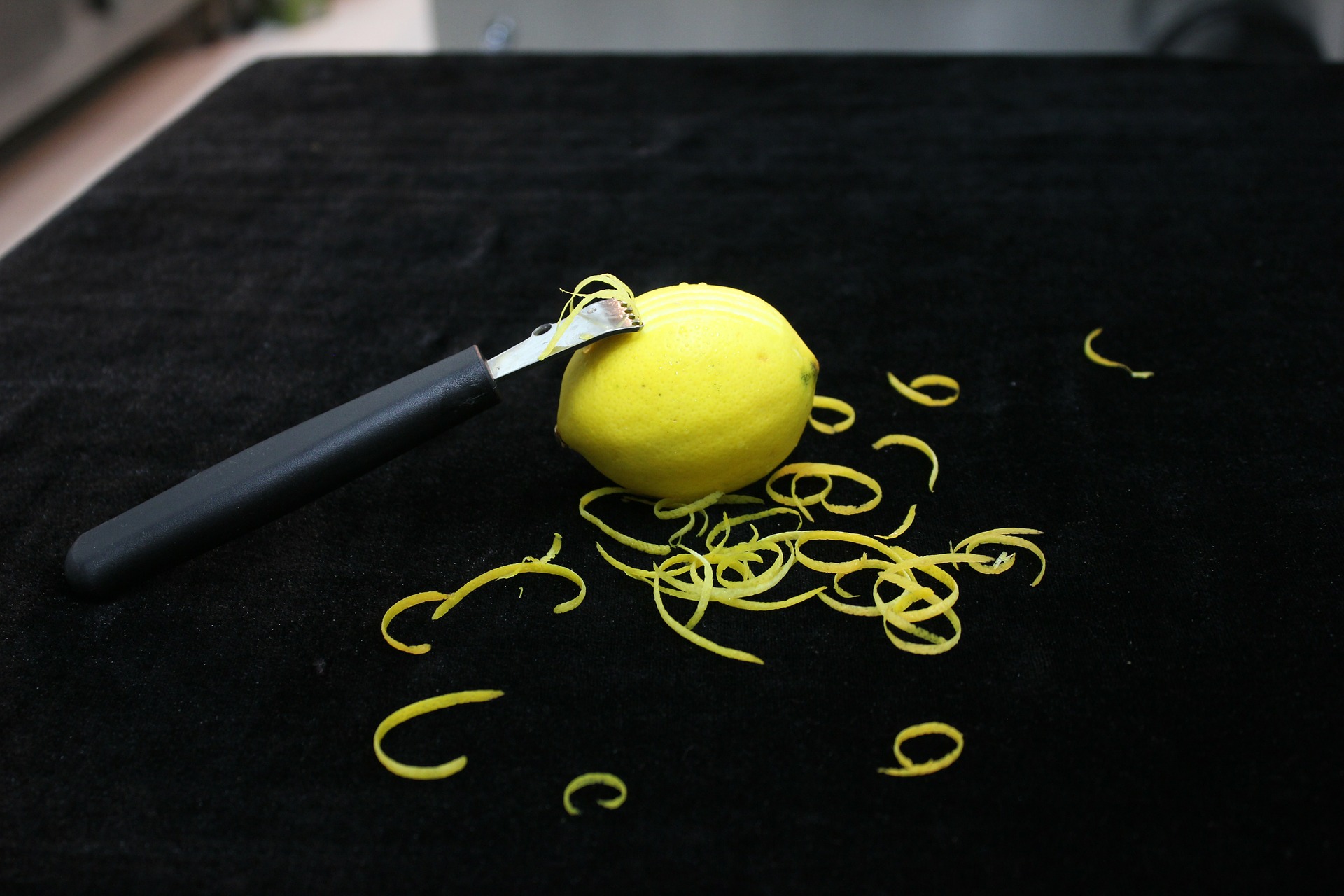
6. Find Ways to Reuse Tea Bags
In Egypt, there’s never a bad time for a cup of tea. Whether you enjoy it with breakfast or to unwind after a long day, don’t throw out the tea bags because you can get a lot of use out of them. You can store them in the fridge then use them to soothe tired eyes. This is doubly beneficial because tea bags stored in the fridge help neutralize odors, which could prove useful during Feseekh and Renga season. Placing cold tea bags on the skin can also help soothe minor burns; a useful tip as we embark upon another hot summer season.
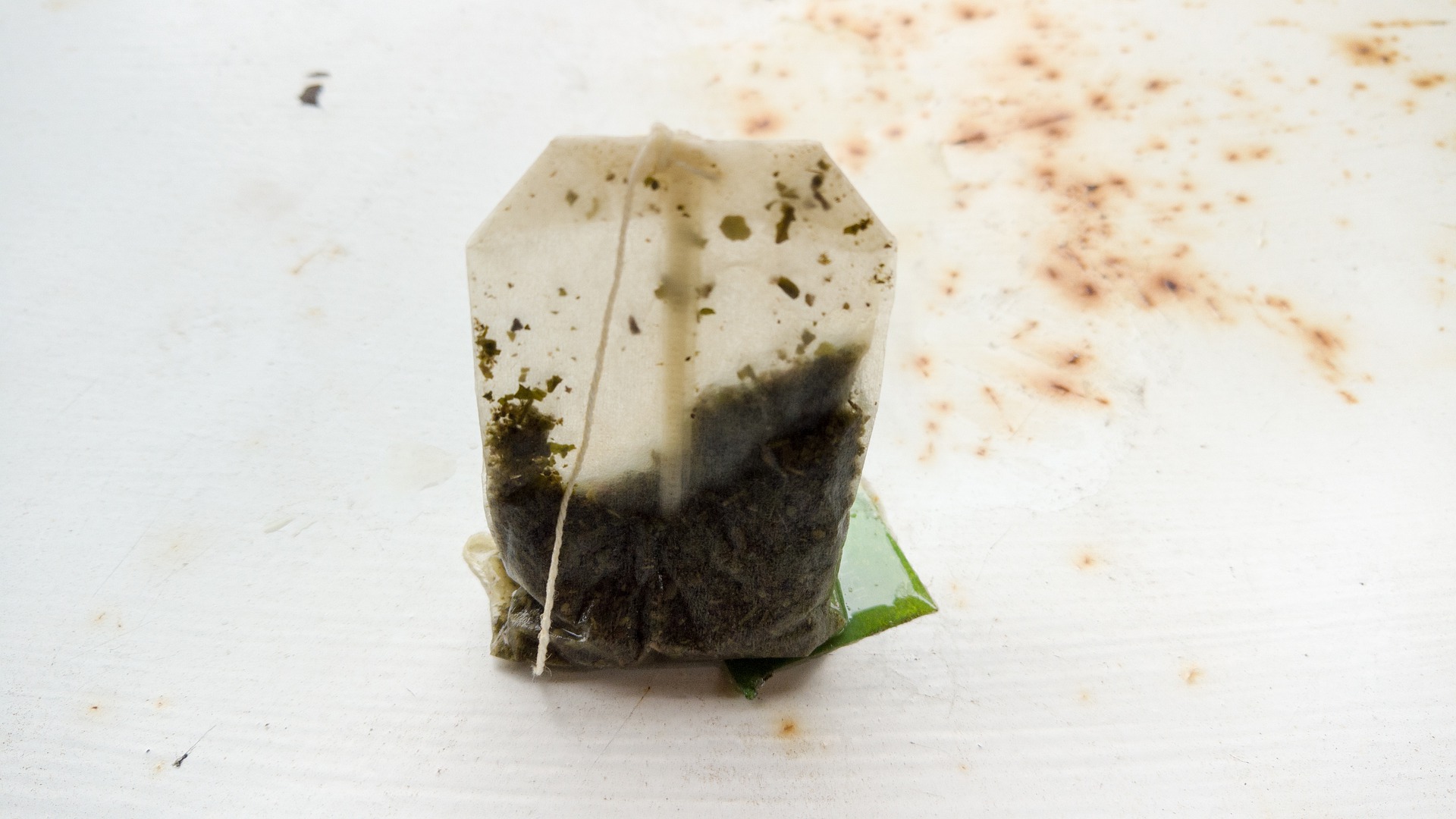
7. Say Goodbye to Plastic Water Bottles
Plastic water bottles don’t just take up too much space, they’re also horrible for the planet. A cheaper and more sustainable option would be to instead install a water filter and use reusable glass bottles instead – as a bonus, they also look prettier! If a water filter is not feasible for you, consider buying a water dispenser and reusable water jugs; it might seem like a small change but it’ll make a huge difference with your carbon footprint.
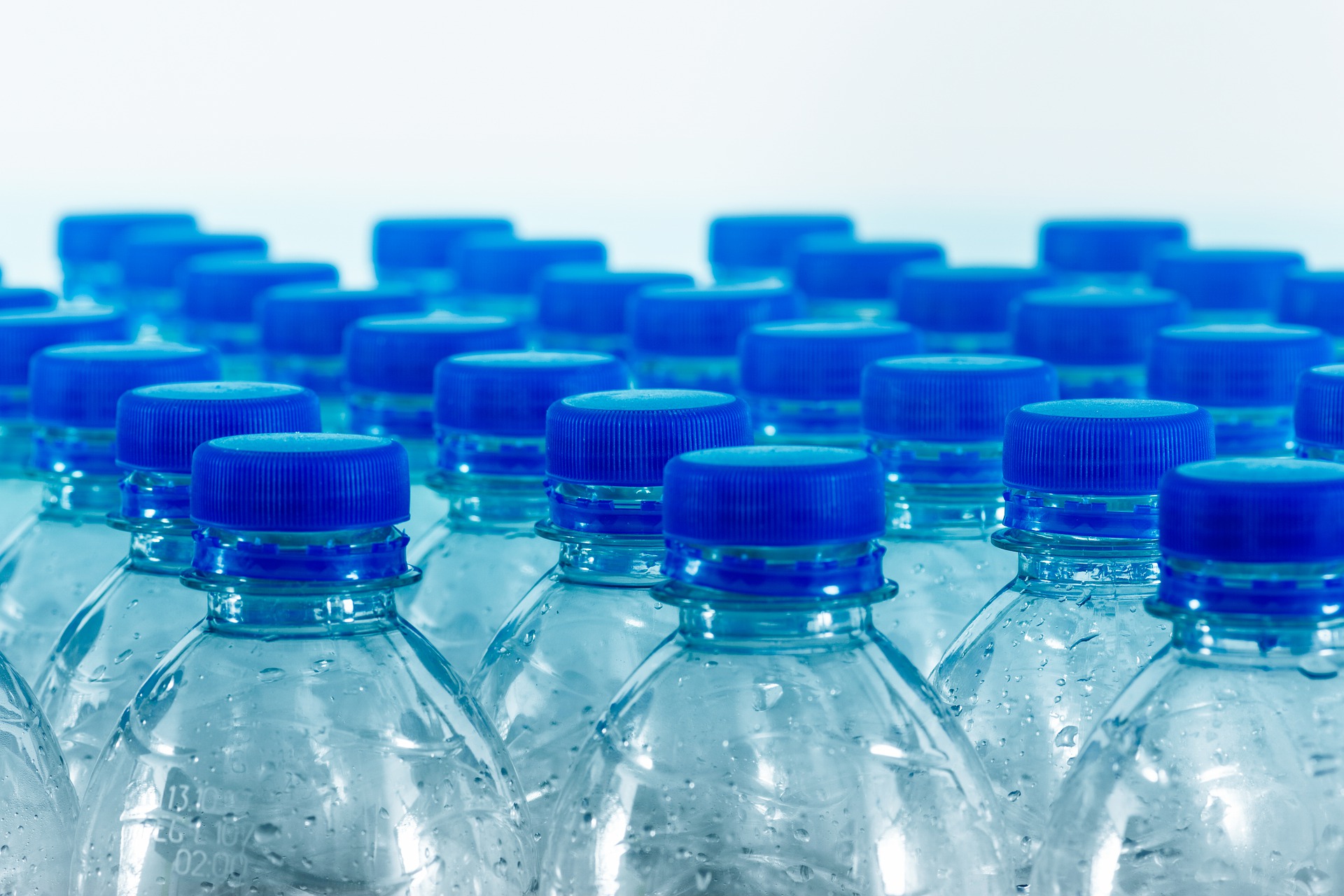

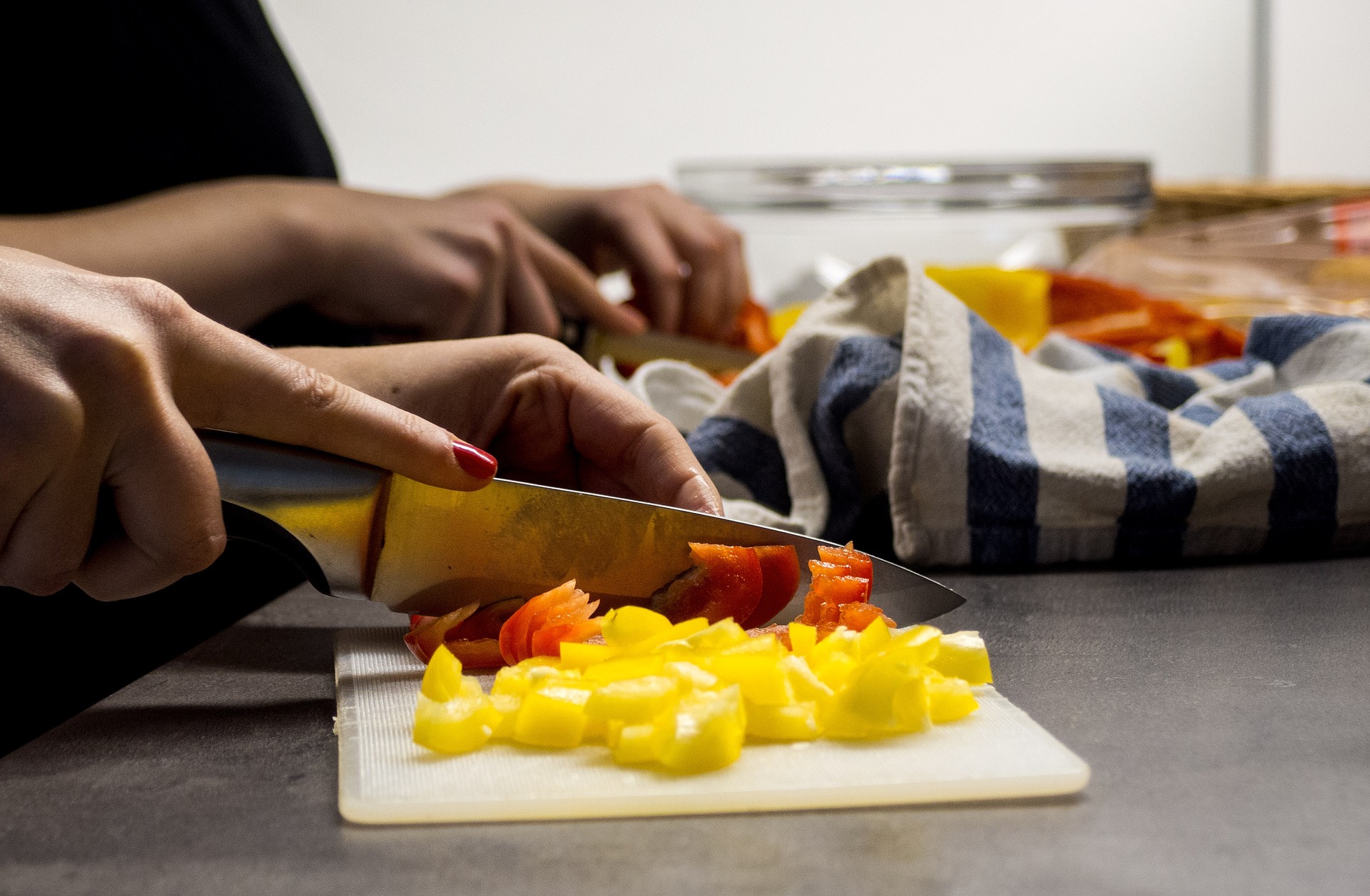





Comments (3)
[…] 7 Simple Ways to Make Your Kitchen More Sustainable in Egypt […]
[…] Source link […]